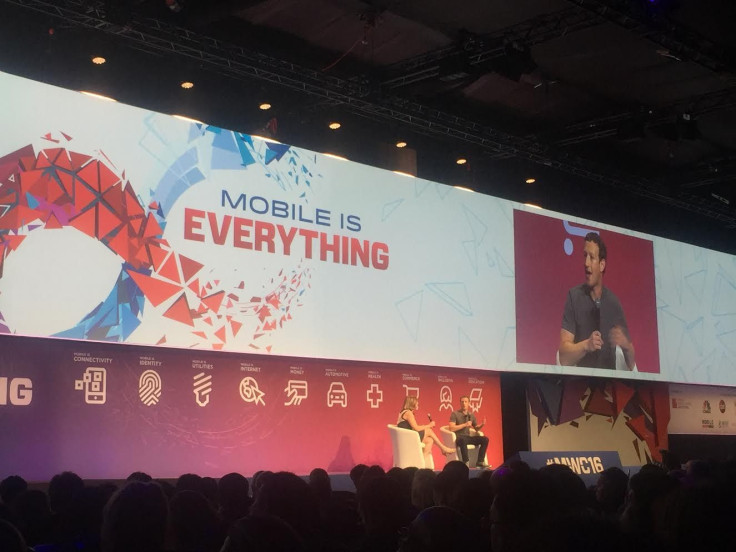Facebook founder and CEO Mark Zuckerberg said despite the “setback” of India not allowing “Free Basics” Internet access in the country, Facebook and Internet.org will looks to other projects to help provide greater Internet and data access to remote parts of the India.
“In India, we’re going to focus on other programs,” Zuckerberg said during a Mobile World Congress keynote Monday. “… Facebook isn’t a company that hits a roadblock and stops. We take the hits that we get and try to learn from them and do better.”
That program, which he announced earlier in the day, is called the Telecom Infra Project. TIP, as he called it Monday night in Barcelona, is designed as an open source project that aims to bring better data to parts of the world where the infrastructure is not available to provide data or Internet access.
"Today we’re taking the next step by partnering with telecom companies to develop new technologies that will reduce the cost of building mobile networks all over the world," Zuckerberg said.
Zuckerberg said the main thing he learned from the India situation is that not every country is the same when it comes to dealing with government regulations to provide access to Internet.
“Models that work in one country may not work in another,” Zuckerberg said.
In India Facebook’s Free Basics the India government stopped program over net neutrality concerns.
To make matters worse, Facebook board member Marc Andreessen likened India’s denial of Facebook’s Internet plan for the country to anti-colonialism. Zuckerberg and the company quickly distanced themselves from Andreessen.
Shortly after news broke of his comments, Zuckerberg released a statement in regards to the "anti-colonialism" remarks.
"I found the comments deeply upsetting, and they do not represent the way Facebook or I think at all,” he said.
Free Basics is a program Zuckerberg and Internet.org have rolled out to now 38 countries. He said it has helped more than 19 million people get Internet access to people who were never Internet users before.

















